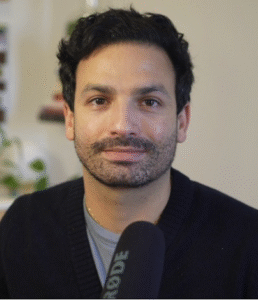Founded in 1982, the North West Regional Psychotherapy Association is an independent association of psychotherapists, counsellors and psychoanalysts of different backgrounds, training and clinical strengths.
We are a not-for-profit association run by volunteers who organise talks, seminars and workshops on Zoom for the second Monday of the month. Events are free to members and only £7.50 per event for non-members. Membership of NWRPA costs just £30 a year. Join at any time of year and your membership lasts for 12 months. Membership is open to qualified counsellors, psychotherapists, psychologists, psychiatrists and other professionals practicing or teaching in related fields. We meet online and have members from across the UK and overseas, so you do not need to be located in the north-west. NWRPA represents high quality, good value, CPD! Whilst most members are in practice, qualified or retired practitioners and those approaching graduation from accredited or registered (e.g. BACP, UKCP, BPS, HCPC, GMC) face-to-face practitioner training programmes are also invited to apply for membership.
NEXT MEETING
Monday, February 9 at 7 PM GMT
The Dark Side of Love
Marios Georgiou
 Romantic love can be associated with bliss and euphoria. But according to Arthur Aron, a psychology professor at State University of New York, there can be a dark side too.
Romantic love can be associated with bliss and euphoria. But according to Arthur Aron, a psychology professor at State University of New York, there can be a dark side too.
This session will explore limerence, a term coined by psychologist Dorothy Tennov in her 1979 book ‘Love and Limerence.’ Marios Georgiou’s well-publicised interest in this area has led to him working with over 100 such presentations and has encouraged him to undertake his doctoral research in this area.
Limerence describes an involuntary state of intense romantic infatuation characterised by obsessive thoughts about the “limerent object,” an acute longing for emotional reciprocation, emotional dependency on subtle cues, idealisation, and fluctuating euphoria or despair, distinct from typically-described experiences of love or lust because of its obsessive and uncertain nature. While similar experiences of unrequited or obsessive romantic longing appear in earlier literary traditions e.g., courtly love or tragic romance, Tennov provided the first systematic psychological framework.
For practitioners, the key is recognising this pattern when clients report debilitating obsession or distress around uncertain attraction, validating the experience without pathologizing it unnecessarily, distinguishing it from OCD, love addiction, or erotomania, and offering support to prevent a dismissal that has led some clients to discontinue therapy or change therapists. Marios’ remains neutral on whether limerence requires recognition as a separate term and in his talk and subsequent discussion, he will focus instead on descriptions within both academic literature and what have become hugely populated online communities. His aim is to inform effective clinical practice in this type of presentation.
Marios Georgiou is a BACP registered counsellor and trainee counselling psychologist in his final year at City St George’s, University of London. He is currently undertaking placements at Oxleas (forensics) in SW London, within St George’s (Complex Needs Service), and at a private therapy clinic. He mainly works psychodynamically.